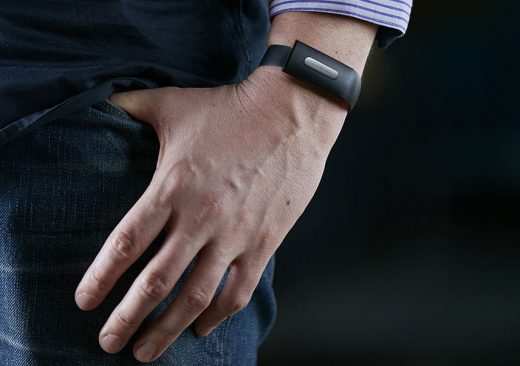Forget fingerprints, soon you may be able to sign-in with your heartbeat
Forget fingerprints, soon you may be able to sign-in with your heartbeat

The search for the most complex and unique sign-in method continues and at Birmingham State University in New York, a team of researchers are looking into utilizing the heartbeat.
Most wearable devices already track heart-rate, so from there the device only needs to convert the beat into a unique biometric key.
See Also: Fossil digs out range of new wearables at CES
The key could be used to unlock smartphones, log-in to social networks, and even be a smart fob for doors and lockers in high security areas. Deployment could be tied into a wellness program, which many companies are now embracing.
The benefits of heartbeat authentication is it even more unique than a fingerprint, although humans do tend to experience irregularities if nervous or tired, something that could interfere with the authentication process. Another potential benefit is battery life, as it requires less energy to process a heartbeat on a wearable than to go through layers of encryption, according to Zhanpeng Jin, co-author of the report.
Heartbeats and thumbprints
A wearable device, called the Nymi Band, already uses heartbeat authentication alongside Apple’s Touch ID. It transports the biometric key using Bluetooth and NFC, making it applicable to thousands of devices and applications.
With the surge in interest for multi-factor authentication, is isn’t too unrealistic that sometime in the near future we could all be signing into devices and accounts using our heartbeat, especially as the technology matures.
However, fingerprint and iris scanners are fast becoming commonplace on smartphones, tablets, and wearables. The heartbeat authentication method needs to show its positives quick, before the industry settles on a few compelling standards.
The post Forget fingerprints, soon you may be able to sign-in with your heartbeat appeared first on ReadWrite.
(14)



